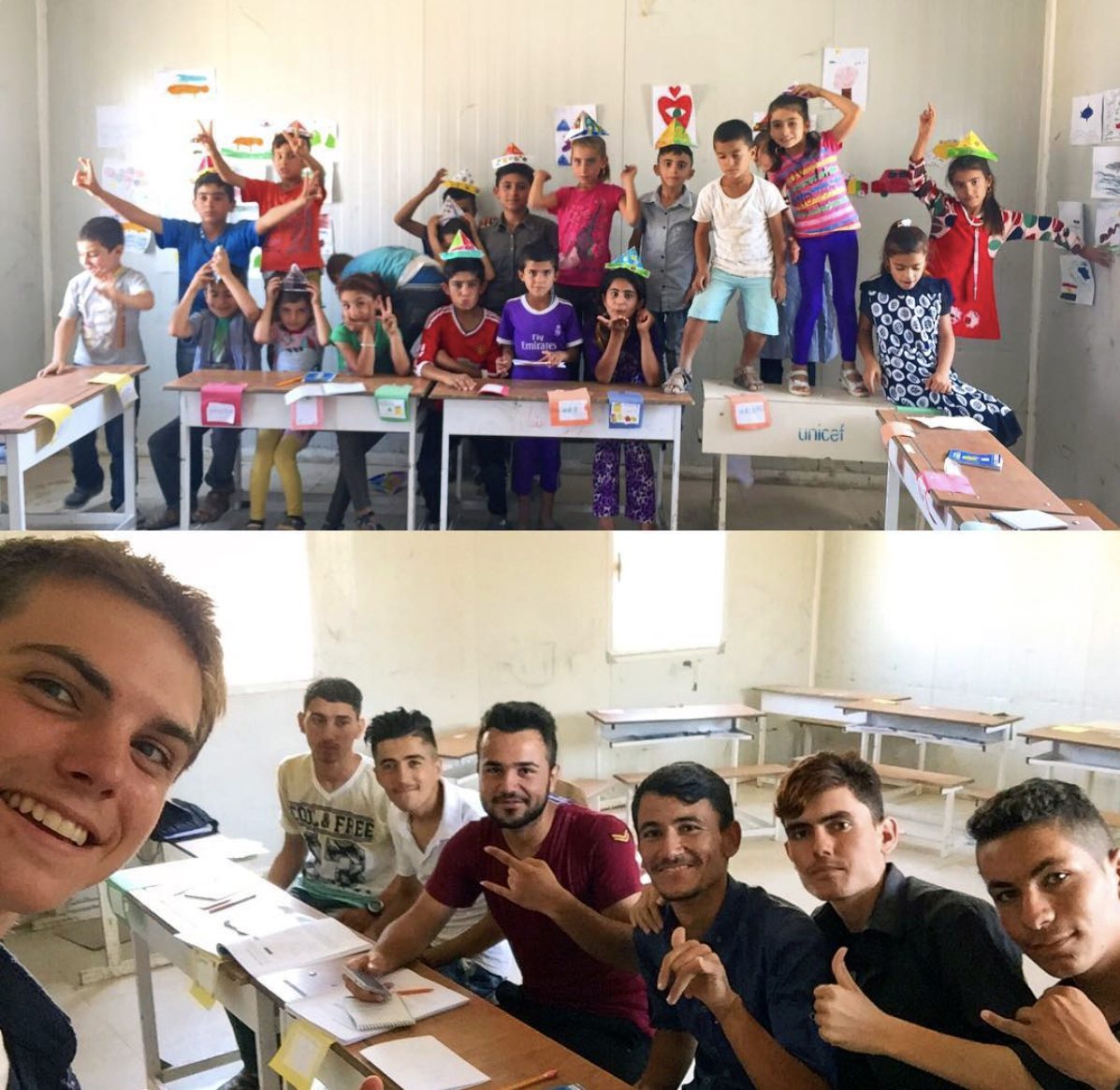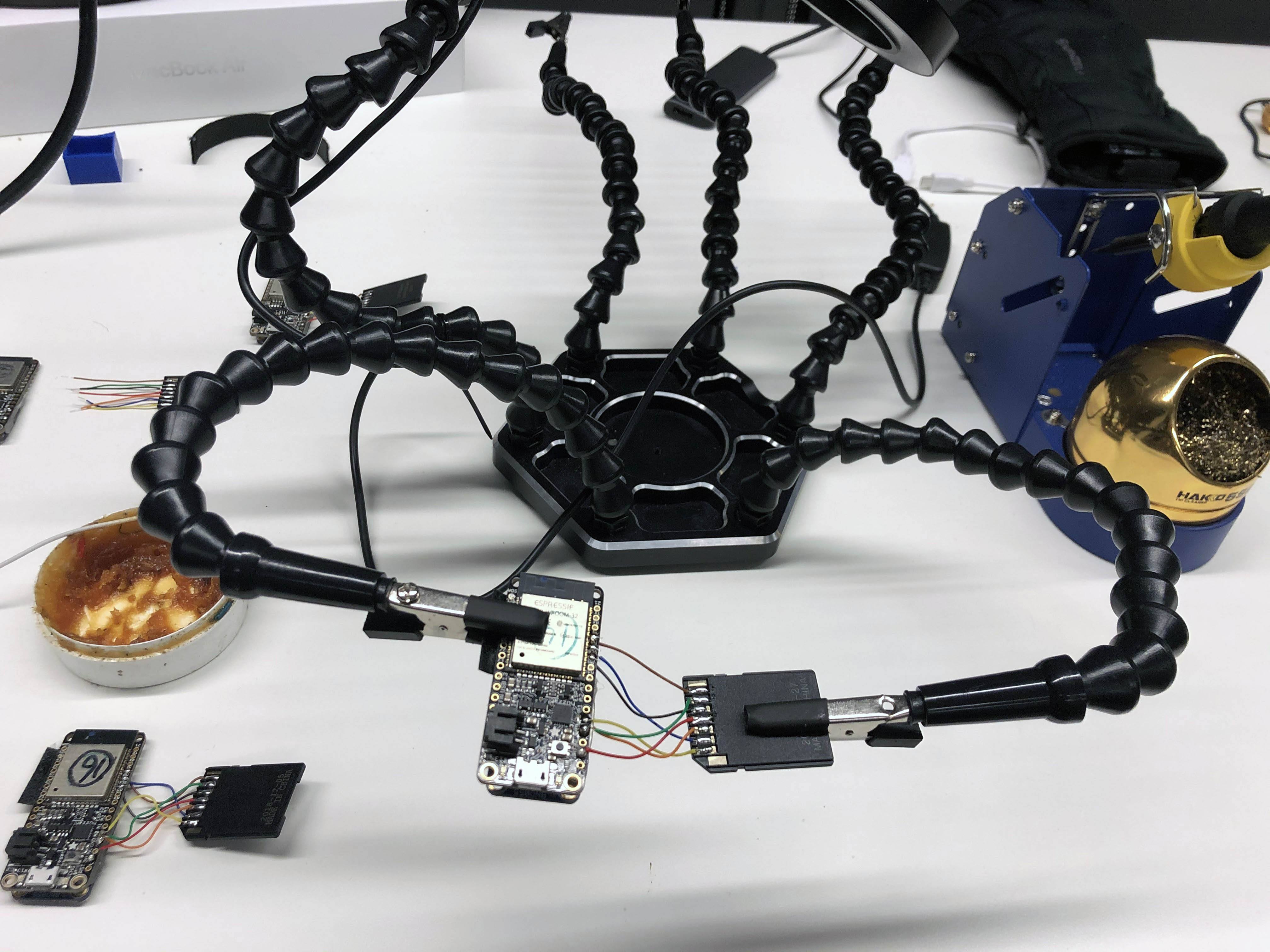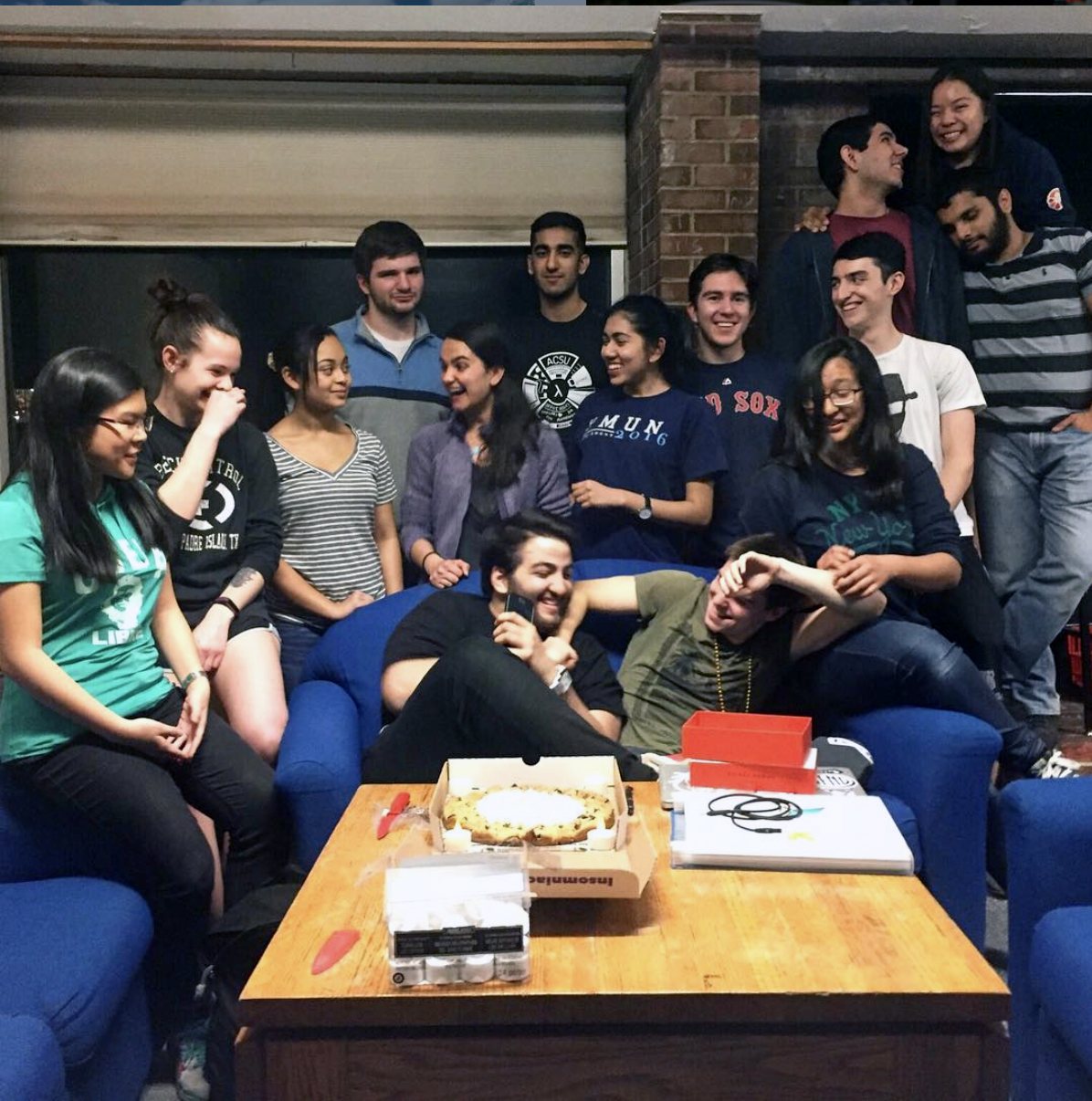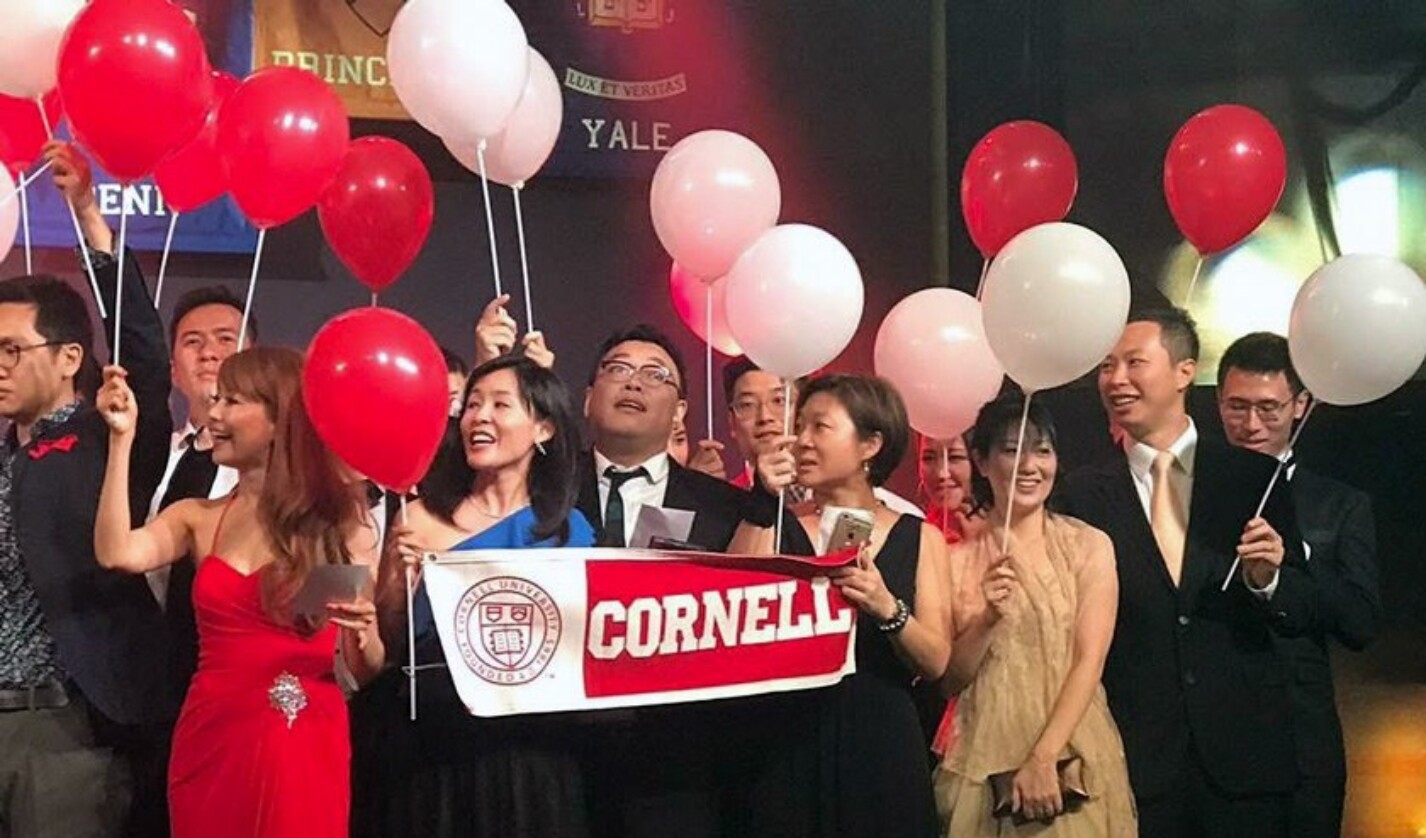Ben Steeper arrived in Ithaca from Hawai‘i on a freezing day in January 2016, dressed in slippers and a t-shirt. Ben had long dreamed about attending an elite university like Cornell, where he hoped to be surrounded by “influential, creative people.” He is the first person in his family to attend an Ivy League school.
Ben’s family is deeply embedded in their local Hawaiian community. His father serves as a minister at Kalihi Union Church, the same church where Ben’s grandfather also served as pastor. Ben’s mother is a school teacher in Honolulu. The family often hosts homeless families, and for them, “the aloha spirit is very real.” For Ben, this means that he comes from “a very strong, loving community of people who care for one another.”
Ben’s parents formerly served as missionaries in Albania, where he lived until age seven. He attended elementary and middle school in eastern Canada, and moved to Hawai‘i for high school. Ben says that while he considers Hawai‘i to be his home, he also thinks of himself as a global citizen.

I am the first in my community and family in Hawai‘i to have the privilege of attending an elite university like Cornell, and this 100 percent would not have happened without financial aid.
Mastering a new language
Ben graduated in December 2019 with a double major in Linguistics and Information Science. “Cornell helped me to discover that I am an inventor at heart,” Ben explains. Growing up, he had filled notebooks with ideas, but he lacked the technical skills to bring his creations to life.
At Cornell, Ben decided to bite the bullet and take a coding class. He failed his first Python exam and dropped the class. Inspired by the encouragement of elders in his church in Hawai‘i, Ben returned the next semester determined to master coding. He took Introduction to Python again, along with other core Information Science and Computer Science classes. “I powered through them,” he says.
Since then, Ben has “gone wild” creating new apps and inventing gadgets to entertain himself and improve quality of life for others. One of his early inventions was “a wedge-shaped air mattress under my dorm mattress to tip me over in the morning and make sure I didn’t sleep through exams,” he says.
You can learn anything incrementally with the right mental attitude and the Internet.

Ben spent the summer before his junior year teaching English to Kurdish refugees in Iraq. Ben says this experience gave him “a huge appreciation for the Kurdish people and their resilience,” and it inspired him to try to use technology to help connect people in war-torn countries. Back at Cornell, Ben watched YouTube videos to teach himself computer languages, in an attempt to build a peer-to-peer language learning program.
Biting his teeth
In his junior year, Ben met Cheng Zhang, an assistant professor in Information Science with expertise in human-computer interaction. “He introduced me to the world of research,” says Ben, “which opened up a whole new outlet for my creative and inventive side.” Ben began working as a research assistant for Zhang, and as a teaching assistant in Zhang’s classes, Novel Interaction Techniques (INFO 4275) and Rapid Prototyping (INFO 4320).
Since then, Ben has helped design smart watches capable of detecting the wearer’s eating habits and headsets that enable the user to control their TVs by varying the way they bite their teeth together.
Academia is a giant tree of knowledge and jargon. If you’re lost, you just need to climb down closer to the tree trunk and figure out what’s going on around the lower branches.

Ben is still working with Zhang and has been accepted for admission into Cornell’s CS MS program, a fully funded research-based graduate program. Since the transition to virtual instruction in spring 2020, Ben has been working from the attic of his Ithaca rental home, where he spends his days designing and printing 3-D prototypes, coding, helping teach the class, and writing research papers. He says the most challenging aspect of coping with COVID-19 has been the separation from his parents, who are at their home in Hawai‘i.
Finding his Cornell family
“When I first started at Cornell, I remember thinking to myself, ‘this assignment isn’t possible,’” Ben recalls. He soon realized, however, that he could do the work by breaking each assignment down into “tiny little pieces” and chipping away at them. “Academia is a giant tree of knowledge and jargon,” says Ben. “If you’re lost, you just need to climb down closer to the tree trunk and figure out what’s going on around the lower branches.”
Another lesson Ben learned early in his Cornell career was how to find answers on his own. Ben mined the Internet to teach himself how to code, design and build robots, and learn Russian. He believes that many of us overlook the power of the Internet as a teaching tool. “You can learn anything incrementally with the right mental attitude and the Internet,” he says. “One day you’ll look back and be shocked at how far you’ve come.”

But the most important resource Ben discovered in Ithaca was the Cornell community. “I believe you become the average of the top five people you spend your time with,” Ben explains. “And what I love most about Cornell is my friend group here,” he says.
Ben lived in the Holland International Living Center his first year, where he met other students from around the world. These friendships “opened our minds to new ways of thinking,” he says. Ben feels that his friends have been a great source of support over the past four years, both socially and academically.
Ben has also been an active member of the Cornell Hawai‘i Club. “Anyone is welcome to join the Hawai‘i Club,” Ben says. The group gets together to talk story (have casual conversations), make spam musubi, and dance hula. “It’s very low-key, relationship-centered, and fun,” he says.

“Once I found my community and discovered what I loved to do, I fell in love with this university,” says Ben.
Giving thanks to his Big Red community
Ben received the Elizabeth L. Grover ’75 Scholarship throughout his four years at Cornell. “I am the first in my community and family in Hawai‘i to have the privilege of attending an elite university like Cornell,” Ben says, “and this 100 percent would not have happened without financial aid.”
Ben recalls the anxiety his family experienced when they first learned that he had been admitted to Cornell. “There was tension in the air for weeks before finding out that I would receive financial aid,” he says. Cornell offered Ben a very generous financial aid package, which was “a huge relief” to his family. “We are very grateful to this day,” he says.

When he completes graduate school, Ben plans to return to Hawai‘i and contribute to building the tech sector on the island. “Hawai‘i’s economy relies almost entirely on its tourism and military presence,” Ben explains. “With rising costs of living and a lack of alternative industries to turn to, many locals are left in poverty or forced to leave the islands,” he says.
Ben’s dream is to design and market smart living spaces, in which robots assume repetitive tasks like washing dishes and doing laundry. This will free human inhabitants to engage in more creative and fulfilling activities, he explains, like “bonding with one another and surfing, of course!”





